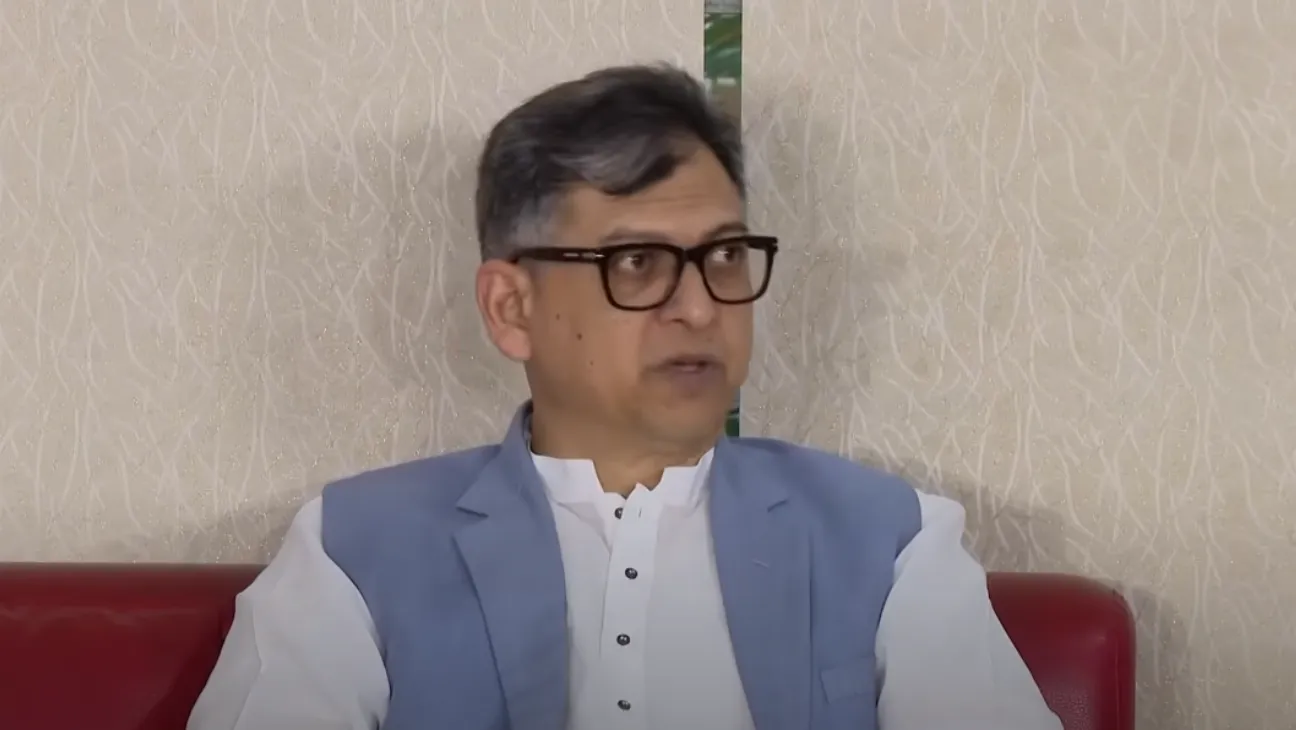Salahuddin Ahmed from BNP has dismissed the idea of an alliance with Jamaat-e-Islami as the elections draw near.
Speaking to the media at his Gulshan home on Saturday, Salahuddin outlined BNP’s goal of forming an anti-fascist unity to secure a fair election. He called the upcoming elections a major turning point, though he refrained from sharing any specifics on how the unity would be organized.
On possible alliances, Salahuddin indicated the BNP was considering working with parties that had joined its simultaneous movement in the past. He said some of these groups could also be included in a future government. “We are in talks with several Islam-oriented parties, but nothing has been finalized,” he told journalists. Other political actors who took part in joint movements might also come into discussions later, he added.
Salahuddin also condemned efforts from certain quarters to cause confusion in politics, calling it a deliberate move to distract the public.
Stance on reforms and proposals
Salahuddin rejected demands for a proportional representation system or the formation of a Constituent Assembly. He labeled those proposals as strategies to keep debate alive rather than practical options. “An electoral mood already prevails across the country,” he said. “Whoever stands against it will ultimately be politically sidelined.”
He also spoke on the July Charter, a political document that has drawn mixed responses from opposition parties. Salahuddin said the BNP considered some of its commitments irrational. The party, he noted, would bring its own proposals during talks with the Consensus Commission but would not accept any clause that extends beyond the Constitution.
“Through dialogue, political parties will reach a common ground,” he said, suggesting that compromise remained possible.
On constitutional reform, Salahuddin suggested a phased approach. He argued that certain changes, if applied immediately, could trigger contradictions. Instead, he proposed implementing reforms after the election through broader consensus.
Election and interim government
On the issue of an interim government, Salahuddin emphasized the BNP’s preference for avoiding unnecessary complications. “This government has been formed through consensus. Once the caretaker system is restored, it can be implemented in future elections,” he said.
But he was clear that the upcoming polls should not be delayed. “This election must be held within the declared timeframe—there’s no scope for anything else,” he said.
The BNP’s position places it at the center of opposition maneuvering in the run-up to the election. Whether the call for anti-fascist unity draws in other parties or sharpens divisions remains to be seen.









